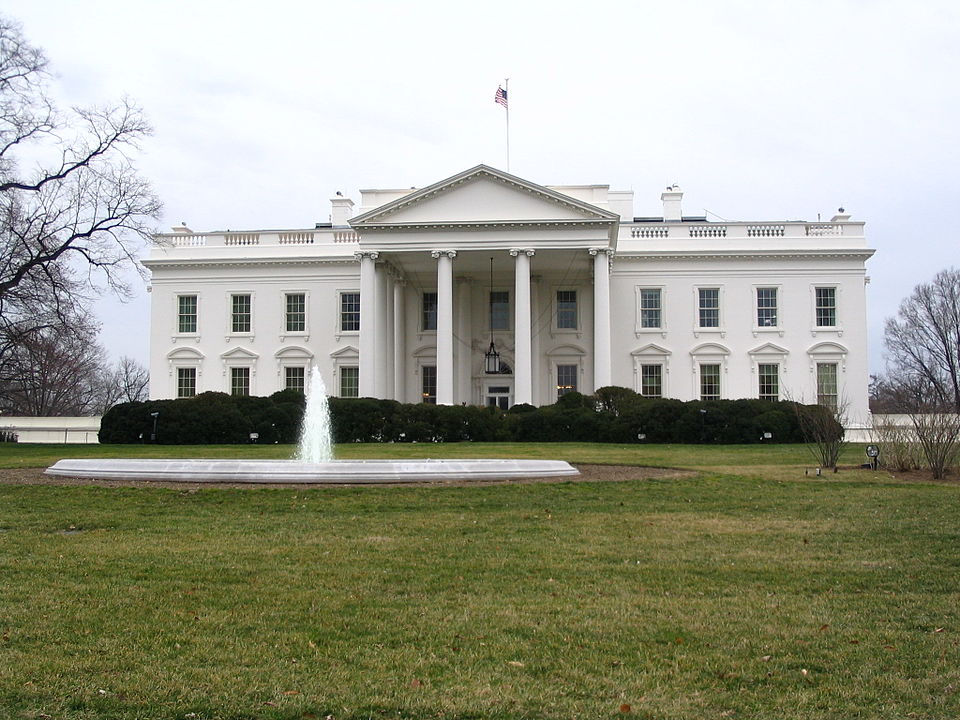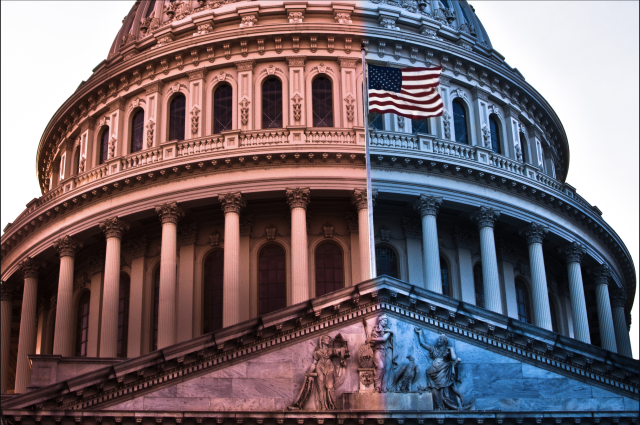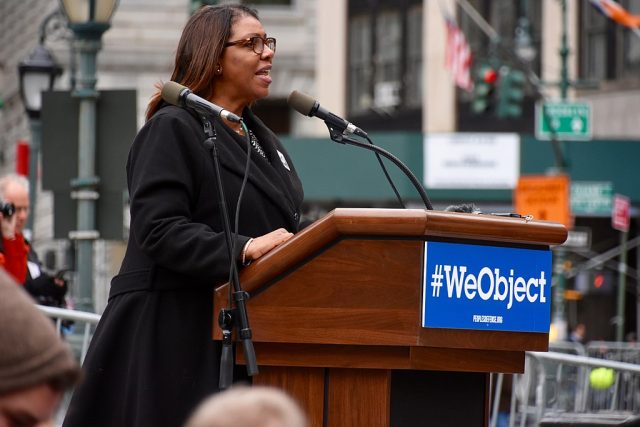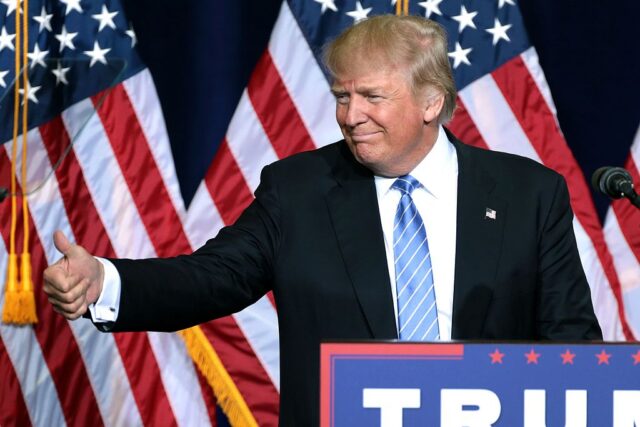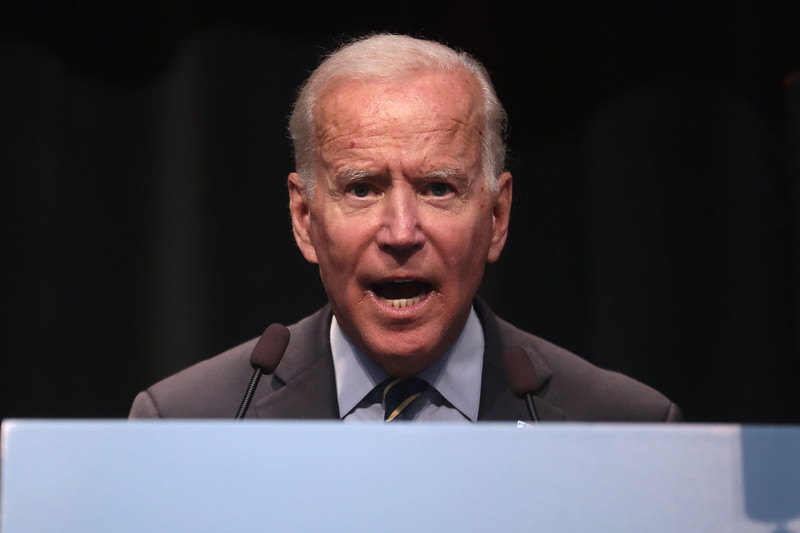Retired 4-Star Navy Admiral Found Guilty In Bribery Case
A retired four-star admiral who once served as the Navy’s second-highest ranking officer, was convicted of bribery and other conspiracy charges on Monday. The conviction marks the most senior member of the U.S. military ever convicted of committing a federal crime while on active duty.
Following a five-day trial, retired four-star Adm. Robert Burke, 62, was found guilty on Monday of a scheme to direct lucrative contracts to the training company Next Jump in exchange for a $500,000-a-year job after leaving the Navy, according to a news release from the Department of Justice.
Burke is facing up to 30 years in prison for his role in the scheme to direct contracts potentially worth millions of dollars to a New York City-based company that offered training programs to the Navy.
Burke, who served aboard attack and ballistic missile submarines, rose through the ranks to eventually become chief of naval personnel in 2016 followed by vice chief of naval operations in June 2019. He then took command of U.S. Naval Forces Europe-Africa and Allied Joint Forces Command in June 2020 before retiring in summer 2022.
Yongchul “Charlie” Kim and Meghan Messenger, co-CEOs of Next Jump, allegedly participated in the scheme to get a government contract in exchange for offering Burke a position with the company.
Kim and Messenger were each charged with bribery and conspiracy to commit bribery, according to the case’s unsealed indictment. They face trial in August, which is when Burke will be sentenced.
Kim and Messenger, via their company Next Jump, provided a workforce training pilot program to a small component of the Navy from August 2018 through July 2019. However, the deal appeared to go downhill and the Navy terminated a contract with the company in late 2019 and directed it not to contact Burke.
The Hill reports:
But in summer 2021, Messenger and Kim met with Burke in Washington, D.C., to reestablish their company’s business relationship with the Navy. While at the meeting, the two “agreed that Burke would use his position as a Navy Admiral to steer a contract” to their firm — as well as influence other Navy officers to award another contract to the company — in exchange for his future employment there, according to the Justice Department.
Burke in December 2021 then ordered his staff to award a $355,000 contract to Next Jump to train personnel under Burke’s command in Italy and Spain, which the company performed in January 2022.
In October 2022, Burke began working at Next Jump with an annual salary of $500,000 and a grant of $100,000 in stock options.
Burke was accused of making several false and misleading statements to the Navy to conceal the scheme, such as implying that his discussions to join Next Jump began months after the contract was awarded.
“When you abuse your position and betray the public trust to line your own pockets, it undermines the confidence in the government you represent,” U.S. Attorney Jeanine Pirro wrote in a post on X following the conviction.


